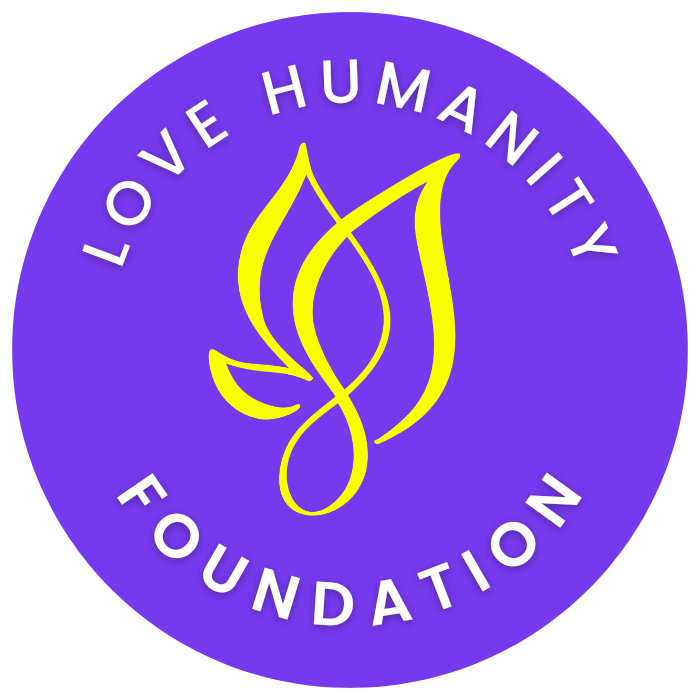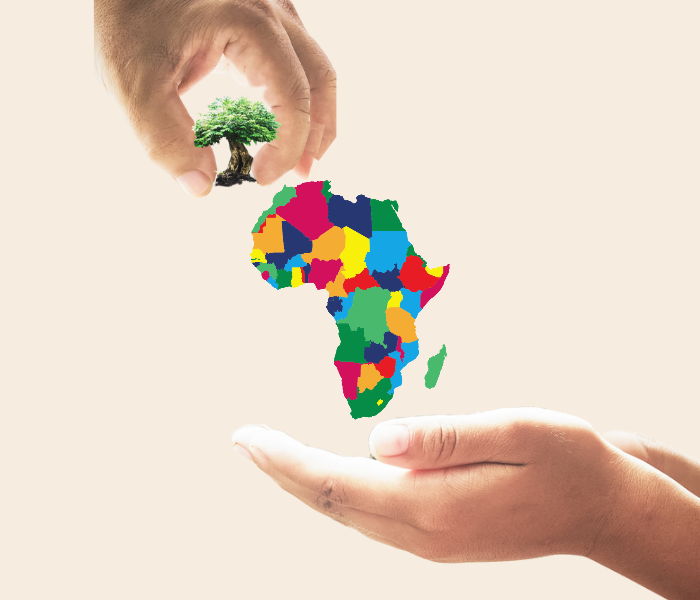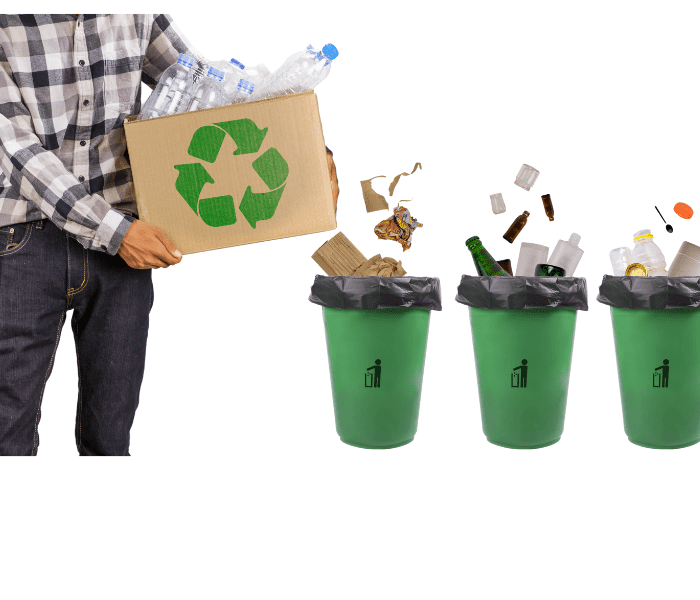Sustainable development is the concept of meeting the needs of the present generation without compromising the ability of future generations to meet their own needs. By 2030, the United Nations hope to achieve sustainable development on a global scale through the Sustainable Development Goals (SDGs). In Africa, particularly Nigeria, the SDGs have been extensively embraced as a framework for organising national development. Specifically focusing on Nigeria, we will talk about the SDGs in Africa in this blog post.
The SDGs consist of 17 goals and 169 targets that address various issues such as poverty, hunger, health, education, gender equality, clean water and sanitation, affordable and clean energy, decent work and economic growth, industry innovation and infrastructure, reduced inequalities, sustainable cities and communities, responsible consumption and production, climate action, life below water, life on land, peace, justice and strong institutions, and partnerships for the goals.
These goals in Africa have been evaluated based on the particular challenges that each nation is currently facing. For instance, Nigeria has made eradicating poverty, food security, access to inexpensive, clean energy, health, education, gender equality, and economic growth their top priorities. The nation has created a national strategy for implementing the SDGs and has incorporated the objectives into its national development plans.
Despite these efforts, Nigeria faces numerous challenges in achieving the SDGs. Poverty, for example, remains a major challenge in the country, with over 40% of the population living below the poverty line. Access to quality education and healthcare is also limited, especially in rural areas. Nigeria furthermore suffers environmental issues such as deforestation, desertification, and oil pollution.
To address these challenges, Nigeria has implemented various policies and programs such as the National Social Investment Program, which provides financial and social support to vulnerable groups, and the Renewable Energy Master Plan, which aims to increase access to clean energy. The country has also launched various initiatives to promote sustainable agriculture, reduce greenhouse gas emissions, and combat environmental degradation. In conclusion, the SDGs provide a framework for sustainable development in Africa and globally. Nigeria has made significant progress in implementing the goals, but there is still much work to be done. Addressing the challenges of poverty, education, healthcare, and environmental degradation requires a concerted effort from all stakeholders, including the government, private sector, civil society, and individuals. By working together, the country can achieve the SDGs and ensure a sustainable future for generations to come.
By: Uzokwe Calista Ngozi Achievers of Sustainability Team Leader.





